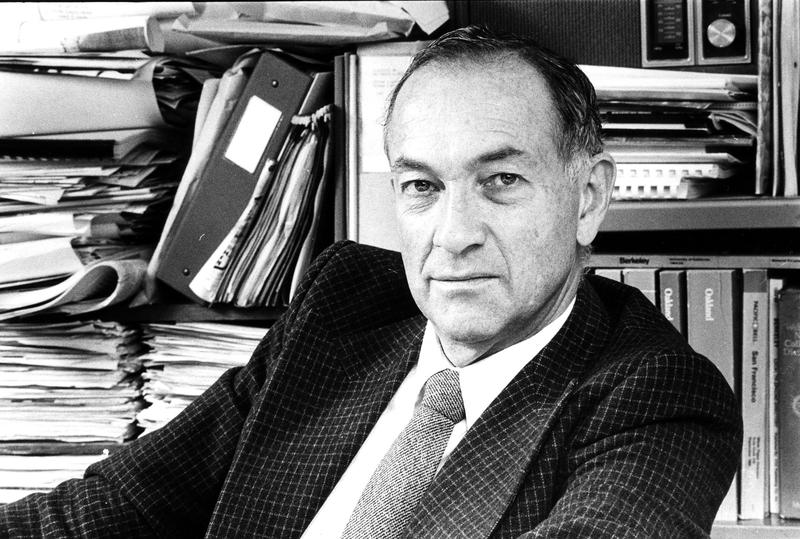Click on the 'Listen' button above to hear this segment.
The right wing provocateur Milo Yiannopoulos had planned to hold a “Free Speech Week” at the University of California, Berkeley this week. The idea was to protest what Yiannopoulos sees as a stifling of speech and conservative ideas on liberal college campuses. But after months of controversy and planning, the student host organization, a small online conservative publication called "The Berkeley Patriot," canceled the event.
Yiannopoulos briefly briefly visited the campus anyway, standing in front of a crowd of about a 100 supporters and protesters. Hundreds more protested outside police barriers. UC Berkeley Spokesman Dan Mogulof says the university spent $800,000 on security, calling it "the most expensive photo op in the university's history."
Berkeley has had a long history of campus activism, and it has become ground zero for a national conversation on free speech on college campuses. Takeaway Producer Isabel Angell has a personal connection to the history of the free speech movement at Berkeley: Her grandfather, Ray Colvig, was the public information officer at UC Berkeley when student activist Mario Savio first stood up on a police car to protest the university's policy against outside politics on campus.
"[The university] had a small police group at that time. They didn't wear military looking things, they wore loafers," Colvig told Angell in 2011, in a recording made four months before his death. "So they came out and tried to move him off and he said no, we're going to stay here and pretty soon others started coming up, and pretty soon Savio was up. He took his shoes off first so he wouldn't scratch the car, and he began to talk. And he was fascinating. And he had ways of expressing language that was different from others and it was a real phenomenon... It was exciting for me of course, it could be scary at times."

